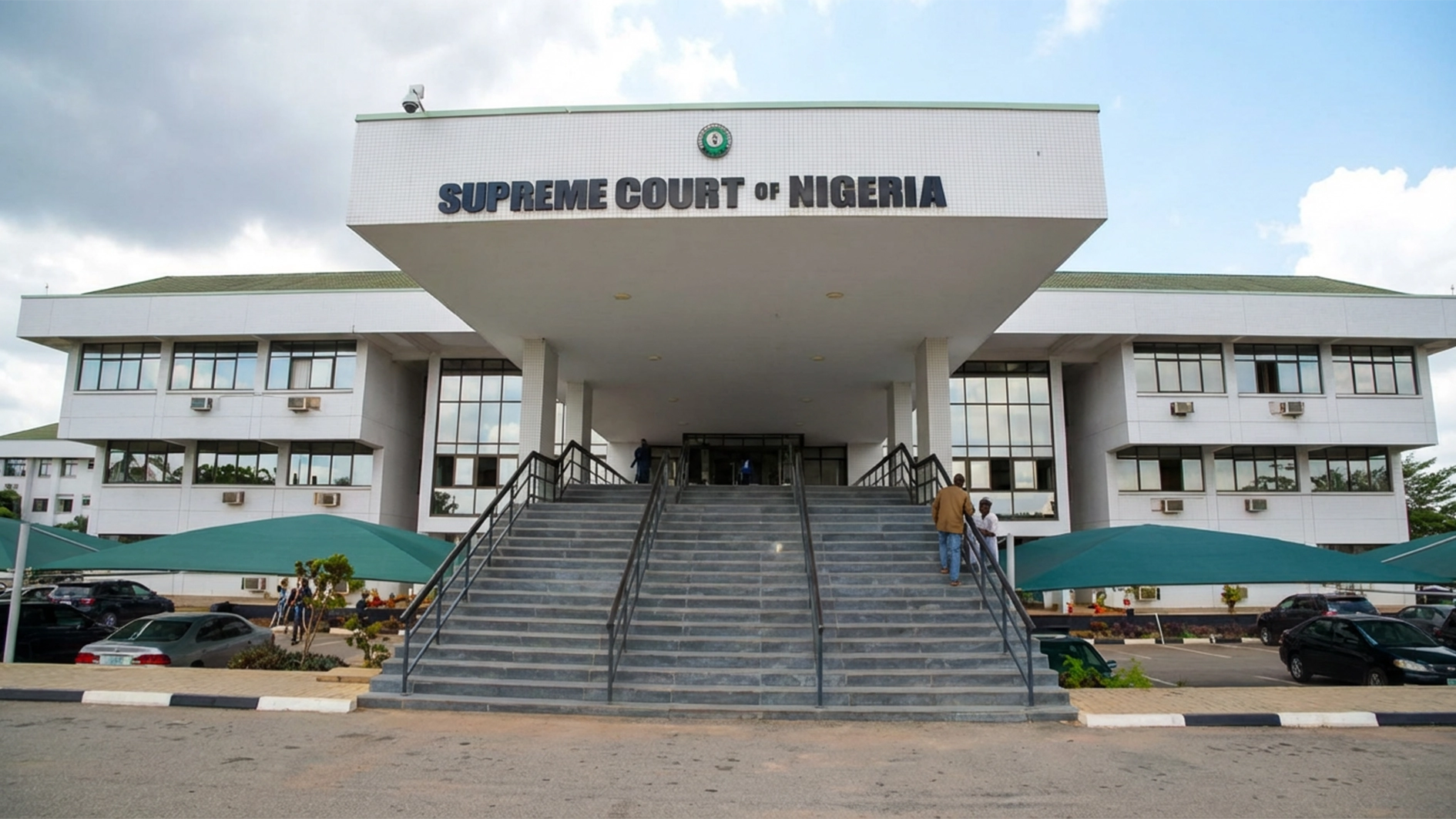The Nigerian Association of Resident Doctors (NARD) has maintained that its ongoing nationwide strike will continue across 91 hospitals despite the Federal Government’s announcement of an N11.9 billion payment to health workers.
The association said only two out of its 19 demands have received meaningful attention, insisting that the government’s figures on the approved arrears are inaccurate.
This comes after the Federal Government announced on Thursday that it had approved the release of N11.995 billion for the payment of outstanding arrears owed to doctors and other health workers within 72 hours, as part of efforts to end the strike and restore industrial harmony in the nation’s healthcare sector.
In response to the development, the president of the association, Dr. Mohammad Usman Suleiman, told The Guardian that it had received official communication on the payment process but strongly disputed the government’s claim on the exact figures. “Yes, the payment is being processed; however, the amounts being quoted are very wrong,” he stated.
According to him, the group is yet to see substantial progress that would warrant calling off the strike.
“The strike continues as only two of our 19 demands are receiving adequate and serious attention,” he said.
The association, in an earlier communiqué, highlighted 19 unresolved welfare and professional concerns that have fuelled the ongoing industrial action. Among the key issues are the non-payment of the outstanding 25 per cent and 35 per cent salary arrears from the Consolidated Medical Salary Structure (CONMESS) upward review, which NARD said should have been cleared by August 2025.
It also cited the failure to pay promotion arrears and the 2024 accoutrement allowance, despite repeated assurances from the Federal Ministry of Health.
The association lamented that bureaucratic delays have stalled the upgrading of doctors who completed their postgraduate examinations, leaving many unplaced on the correct salary levels and deprived of their arrears.
NARD further decried the exclusion of resident doctors from specialist allowances, calling it discriminatory, and criticised the continued marginalisation of medical and dental house officers in the civil service scheme—an omission that has led to delayed salaries, lack of payslips, and denial of professional recognition.
Other issues raised include salary shortfalls, casualisation of medical workers in tertiary hospitals, and the downgrading of entry-level positions for new resident doctors, among other demands.






